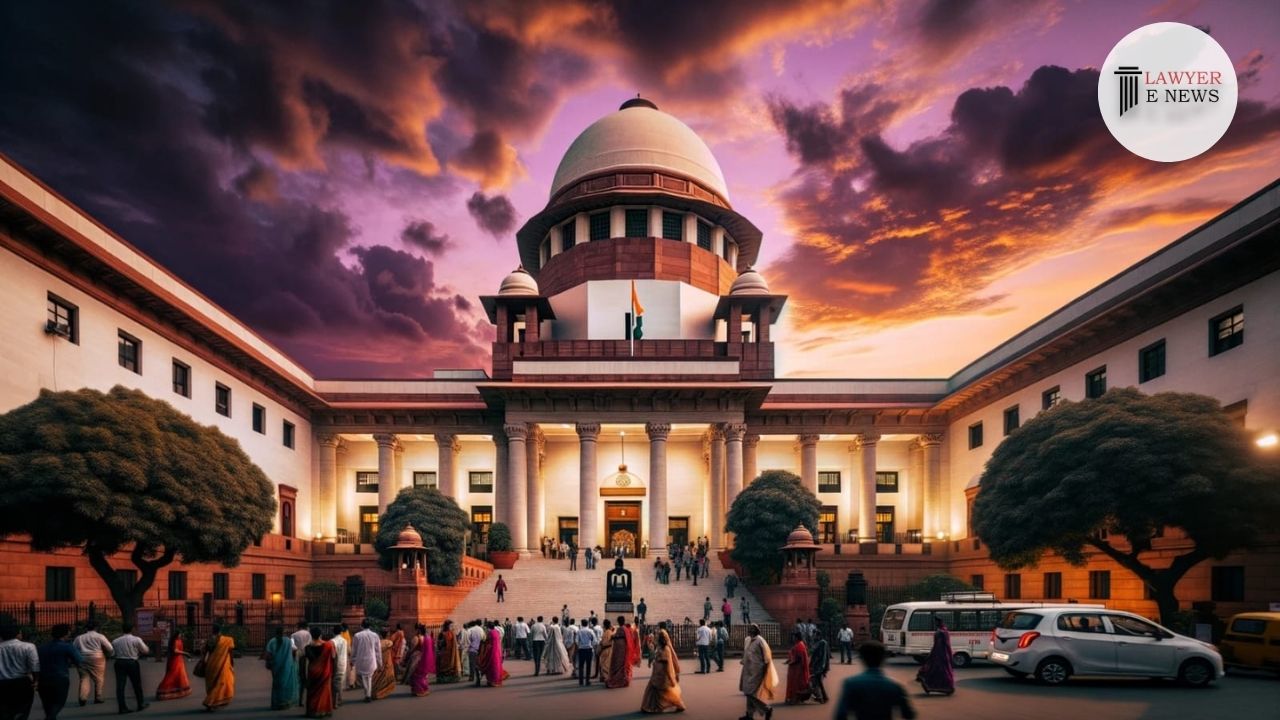-
by sayum
14 February 2026 2:22 PM



In a significant legal development, the Supreme Court of India, in its recent judgment dated August 8, 2023, emphasized the fundamental principles of good faith and fair dealing in insurance contracts. The case, involving an insurance claim related to prawn cultivation, brought to light the importance of transparent and equitable settlement of claims in the insurance sector.
The bench comprising Justices A.S. Bopanna and Sanjay Kumar, while delivering the judgment, observed that "uberrima fides, i.e., good faith, is the requirement in a contract of insurance" and reiterated the duty of both parties to disclose all material facts within their knowledge. The Court highlighted that these obligations apply not only at the inception of the contract but throughout its existence and even thereafter.
The case involved the appellant, a prawn cultivation partnership firm, and a respondent insurance company. The insurance claim was repudiated by the company, leading to litigation. The primary issue was the calculation of the admissible loss, which was governed by the insurance policy's stipulated methods - Input Cost Method, Unit Cost Method, and Fortnightly Valuation Method. The Court meticulously evaluated these methods and the evidence presented by the appellant.
Crucially, the judgment underscored the significance of a death certificate issued by independent authorities in insurance claims. The insurance company's own direction to obtain such a certificate from relevant bodies was deemed binding, and the Court held that the company could not dismiss or disregard such evidence solely to its detriment. This aspect of the case brought attention to the requirement of objective consideration of evidence by insurance companies.
The Court ultimately ruled in favor of the appellant, determining the compensation based on just and equitable principles. The calculated amount was awarded to the appellant, along with simple interest. The judgment not only resolved the specific case but also reaffirmed the broader principles that underlie insurance contracts, emphasizing fairness, transparency, and good faith dealings between insurers and insured parties.
The Supreme Court's decision resonates with its consistent stance on safeguarding the interests of consumers and upholding the integrity of contractual relationships. The judgment serves as a reminder to insurance companies to honor their commitments in a responsible and equitable manner, fostering trust and reliability in the insurance sector.
Date of Decision: August 8, 2023.
M/S. ISNAR AQUA FARMS vs UNITED INDIA INSURANCE CO. LTD.
